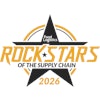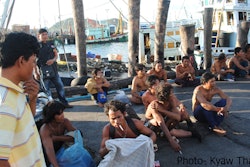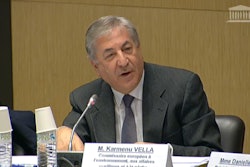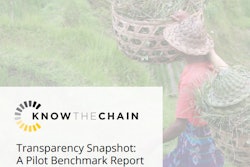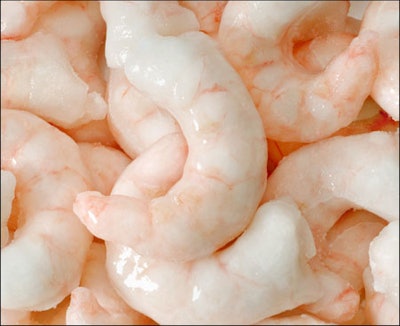
Pervasive human trafficking has helped turn Thailand into one of the world's biggest shrimp providers. Despite repeated promises by businesses and government to clean up the country's $7 billion seafood export industry, an Associated Press investigation has found shrimp peeled by modern-day slaves is reaching the U.S., Europe and Asia.
The problem is fueled by corruption and complicity among police and authorities. Arrests and prosecutions are rare. Raids can end up sending migrants without proper paperwork to jail, while owners go unpunished.
Hundreds of shrimp peeling sheds are hidden in plain sight on residential streets or behind walls with no signs in Samut Sakhon, a port town an hour outside Bangkok. The AP found one factory that was enslaving dozens of workers, and runaway migrants led rights groups to the Gig shed and a third facility. All three sheds held 50 to 100 people each, many locked inside.
Last month, AP journalists followed and filmed trucks loaded with freshly peeled shrimp from the Gig shed to major Thai exporting companies and then, using U.S. customs records and Thai industry reports, tracked it globally. They also traced similar connections from another factory raided six months earlier, and interviewed more than two dozen workers from both sites.
U.S. customs records show the shrimp made its way into the supply chains of major U.S. food stores and retailers such as Walmart, Kroger, Whole Foods, Dollar General and Petco, along with restaurants such as Red Lobster and Olive Garden.
To read more, click here.
Editors Insight: One reason shrimp importers are not aware of this human rights problem is the complexity of the seafood supply chain. With all of the technological advancements in supply chain monitoring, the problem of slave labor in the supply chain is getting worse instead of better. The globalization of the supply chain has fueled the demand for seafood faster than the supply chain’s ability to safeguard vulnerable populations from abuse.
According to this AP investigation, “refrigerated trucks with seafood logos barrel down streets straddled by huge processing plants. Just as ubiquitous are the small pickups loaded with migrant workers from neighboring Cambodia, Laos and Myanmar being taken to gut, fillet, de-vein and peel the seafood...”
The U.S. State Department has blacklisted Thailand for two years, noting that Thai government officials are complicit in the abuse. The European Union is considering banning Thai shrimp. But government action in itself will not fix the problem. The seafood industry has to do more.
There are various seafood certifications available that can assist importers, processors and retailers combat human rights abuses in the seafood supply chain. Visit fishchoice.com for information on certification organizations.
Organizations that specifically address human rights abuses in the food supply chain include the Food Empowerment Project, EndSlaveryNow.org, Antislavery.org and Fair Trade USA. 12-15-15 By Elliot Maras



